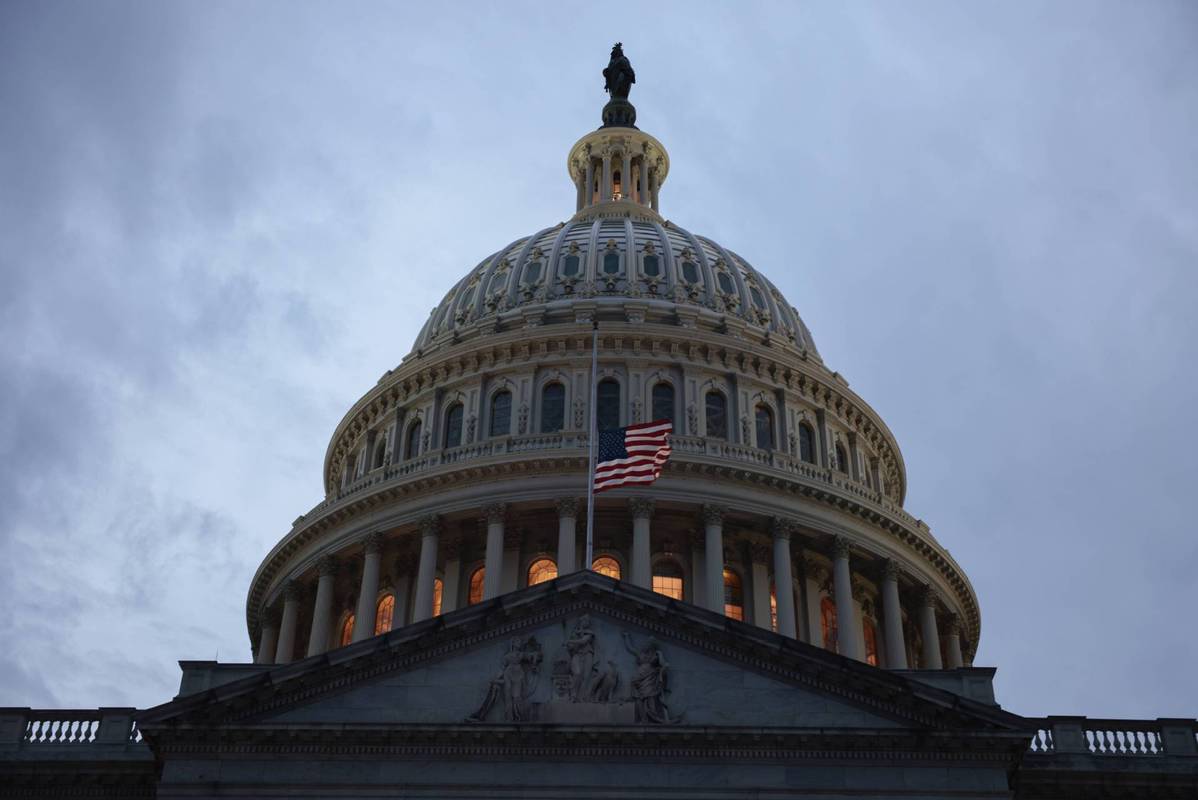Towards a good faith diplomatic politics
By Peter McLaren | chinadaily.com.cn | Updated: 2021-12-09 09:19

The White House announcement that it would not send government officials to the Olympic Games in February 2022 as a result of human rights abuses is, unfortunately, an all-too-common illustration of political hypocrisy and is yet another step in the "saber rattling" tactics that we have come to expect from America's political leadership. To astute observers of geopolitics, such a revelation should elicit no surprise. The US is in no position to assume the moral high ground.
Even a cursory examination of the school-to-prison pipeline (African-American students who leave high school disproportionately end up in the US prison system), the rise throughout the United States of white supremacist groups preaching racial purity (some of whom openly identify with fascist politics), and the failure of the US to vaccinate more than 60 percent of its population against the spread of COVID-19, should in themselves be sufficient enough reasons for the US to refrain from accusing other countries for their human rights shortcomings.
In addition, the United States for the first time was recently added to a list of "backsliding democracies" in a report released Monday by the Stockholm-based International Institute for Democracy and Electoral Assistance.
It is a well-known fact that China's economy, with its rising labor productivity and real wages, now rivals the United States and EU economies. Not only was China in a much superior position to prevent damages resulting from the 2000 dot-com crisis, it fared much better than the US in the wake of the 2008-09 Great Recession, and it has contained the 2020-21 coronavirus with much greater success and efficacy than the US as a result of its increasing ability to focus and coordinate its private and public resources on urgent social crises coupled with its investment in education, health care and transportation.
The US is in no position to compete with China's Party and state apparatuses in this regard. What has to occur, in order to prevent another Cold War that the US is (wittingly or unwittingly) inviting, is a return to a politics of cooperation and mutuality.
I am a citizen of both the US and Canada. My father joined the Royal Canadian Engineers during World War II and fought the Nazis on the European continent. I remember him speaking proudly about US volunteer pilots who had joined the American Volunteer Group of the Republic of China Air Force, also known as the Flying Tigers, to help China defeat invading Japanese troops.
I grew up also learning about a Canadian medical doctor named Norman Bethune who was born in Gravenhurst, Ontario, about 180 kilometers from my birthplace in Toronto. Bethune had graduated from my alma mater, the University of Toronto. Bethune started out as an elementary school teacher, as did I. He then became a thoracic surgeon. He joined the Royal Canadian Army Medical Corps when World War I began and worked as a stretcher-bearer in the Second Battle of Ypres, in France. Dedicated to fighting fascism, he set up a blood transfusion unit during the Spanish Civil War and developed a number of medical innovations still in use to this day.
In 1938, Bethune joined the Chinese Communists led by Mao Zedong and was stationed with China's Eighth Route Army and helped bring modern medicine to rural China. Mao Zedong later wrote a eulogy dedicated to Bethune when he died in 1939. During my own visit to Changchun, China much later, I was treated at Jilin University Bethune Hospital for an illness.
We cannot risk losing the memories of when China, the US and Canada were allies, when we worked side-by-side for a better future for our citizens. We cannot afford to let this history escape us. Historical amnesia often occurs during times of crises and is a political affliction we cannot afford during these difficult times when we are all fighting the same plague. Yes, the world is very different today and our histories have taken very different turns, but diplomacy and good faith negotiation has so far enabled us to avoid the worst possible consequences.
Now we must take diplomacy to a new level by sowing the seeds of cooperation and trust.
A superpower rivalry is perhaps inevitable to some degree, but it need not reach the point of disrespect and hostility. The United States must work harder in these times to replace threats with hope and to replace hostility with understanding, which is not to suggest that we refrain from constructive criticism of each other when we feel it is warranted. The United States owes a ratcheting up of its diplomacy with China, not only to its own citizens but to the people of the world.
It is time for the United States to embrace a politics of good faith diplomacy with the world's rising superpower, because history has a tendency to be impatient.
Peter McLaren is a distinguished professor in Critical Studies at the Donna Ford Attallah College of Educational Studies, Chapman University. He served as chair professor, Northeast Normal University, Changchun, China from 2015 to 2020 and is professor emeritus, University of California, Los Angeles.
The opinions expressed here are those of the writer and do not necessarily represent the views of China Daily and China Daily website.
If you have a specific expertise, or would like to share your thought about our stories, then send us your writings at opinion@chinadaily.com.cn, and comment@chinadaily.com.cn.
























